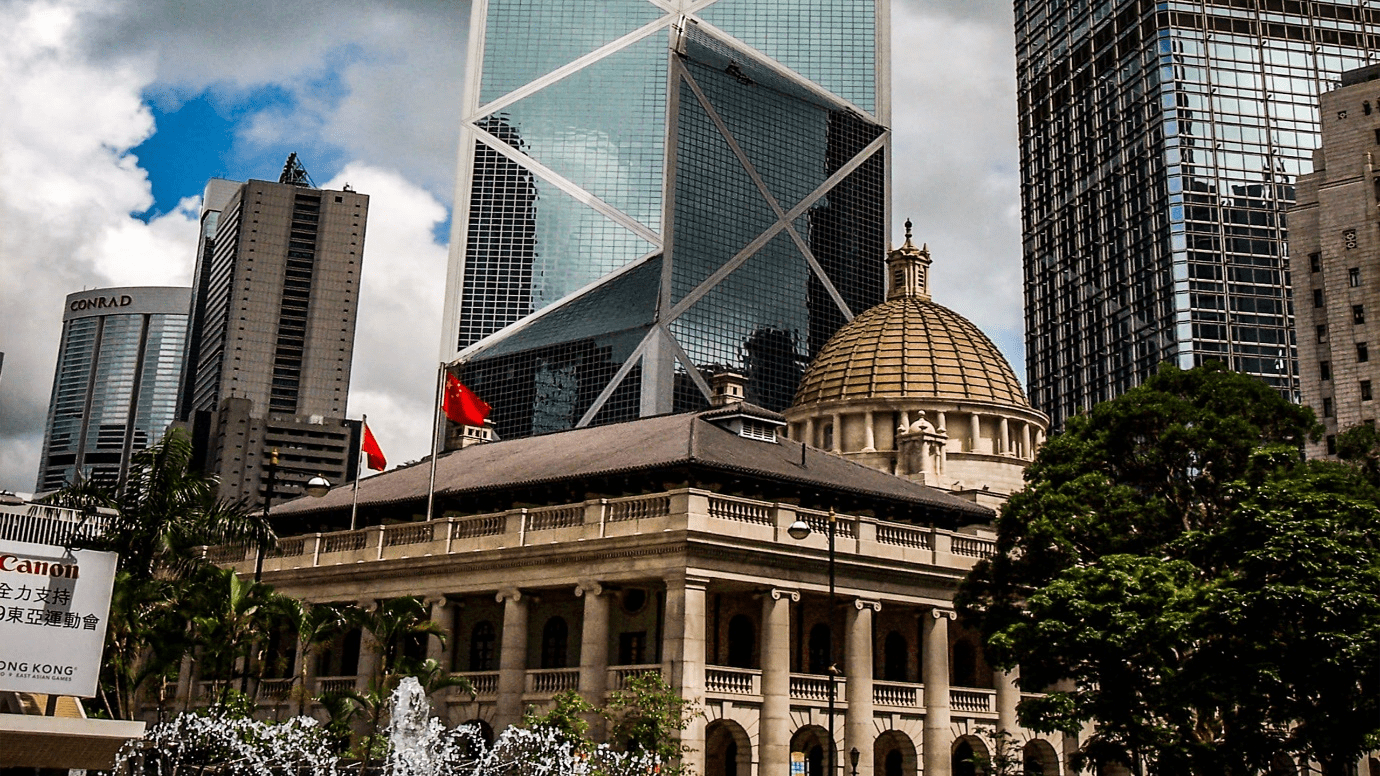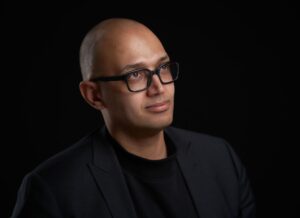
Why Skills-First Leadership Is Replacing the Ivy League Playbook in the C-Suite
The old prestige pyramid—where Ivy League degrees and blue-chip consulting backgrounds paved the way to the CEO seat—is cracking.

December 7, 2021: On Monday, China’s central bank said it would cut the number of cash banks must hold in reserve, its second move this year, releasing 1.2 trillion yuan in long-term liquidity to bolster slowing economic growth.
The People’s Bank of China (PBOC) said on its website it would cut the reserve requirement ratio (RRR) for banks by 50 basis points (bps), effective from December 15.
The second-largest economy of the world, which staged an impressive rebound from the previous year’s pandemic slump, has lost momentum in the last months as it grapples with the slows manufacturing sector, debt problems in the property market, and persistent Covid-19 outbreaks.
The government has set a modest annual economic growth target, at above 6%, for this year, which comes the pandemic-stricken 2020.
The cut, the second this year after a broad-based reduction in July, was flagged by Premier Li Keqiang as a way to step up support for the economy, tiny firms.
The cut will not apply to financial institutions with an existing RRR of 5%. The weighted average RRR for financial institutions would be at 8.4% after the new reduction.
The RRR for large banks, which considers the preferential policy of targeted cuts for inclusive financing, is currently at 10.5%.
Some of the funds released will be used to repay matured medium-term lending facility loans, according to PBOC, reaffirming a stance of not resorting to “flood-like” stimulus.
The central bank guided financial institutions to use the released funds to actively support the real economy, tiny firms.
The RRR cut will reduce the funding cost of financial institutions by about 15 billion yuan per year, helping lower financing costs of firms, it added.
Advisers to China’s government will recommend authorities set a 2022 economic growth target lesser than 2021, giving policymakers more room to push structural reforms.
China’s politburo, a top-decision-making body of the ruling Communist Party, said on Monday that it would keep economic operations within a reasonable range in 2022 and promote the healthy development of the property sector, the official Xinhua news agency said.
China’s move to wean property developers away from rampant borrowing has translated into loan losses for banks and pain in credit markets. It worsened a liquidity crisis at developer China Evergrande and other real estate firms.
On Friday, the authorities said they would step in and oversee risk management at the company.

The old prestige pyramid—where Ivy League degrees and blue-chip consulting backgrounds paved the way to the CEO seat—is cracking.

Loud leaders once ruled the boardroom. Charisma was currency. Big talk drove big valuations.

But the CEOs who make history in downturns aren’t the ones with the deepest cuts

Companies invest millions in leadership development, yet many of their best executives leave within a few years. Why?

The most successful business leaders don’t just identify gaps in the market; they anticipate future needs before anyone else.

With technological advancements, shifting consumer expectations, and global interconnectedness, the role of business leaders

Maushum Basu is a visionary leader who inspires his team with a clear, compelling purpose. Unafraid to take calculated risks, he understands that growth often stems from change and innovation. His deep commitment to both Airia Brands, Inc.

When speaking with Martin Paquette, one thing is immediately apparent: he’s honest. His transparency is refreshing. While many shy away from such vulnerability, Paquette sees it as a force to reckon with. The incredible emotional intelligence speaks to years of looking within—it’s also what allows him to acknowledge his mistakes gracefully and use them as opportunities to innovate.

Marina Charriere, CEO of Star Drug Testing Services, Star Drug Testing Services (Windsor Park), and First Defence Face Masks go hand in hand. Star is a drug and alcohol testing facility, and First D F M is a face mask company.

Lejjy Gafour, CEO, CULT Food Science Corp. Lejjy is a self-taught entrepreneur and experienced company operator who made his start creating opportunities at the young age of 14, and he has been working, leading, and building businesses ever since.


Leave us a message
Subscribe
Fill the form our team will contact you
Advertise with us
Fill the form our team will contact you